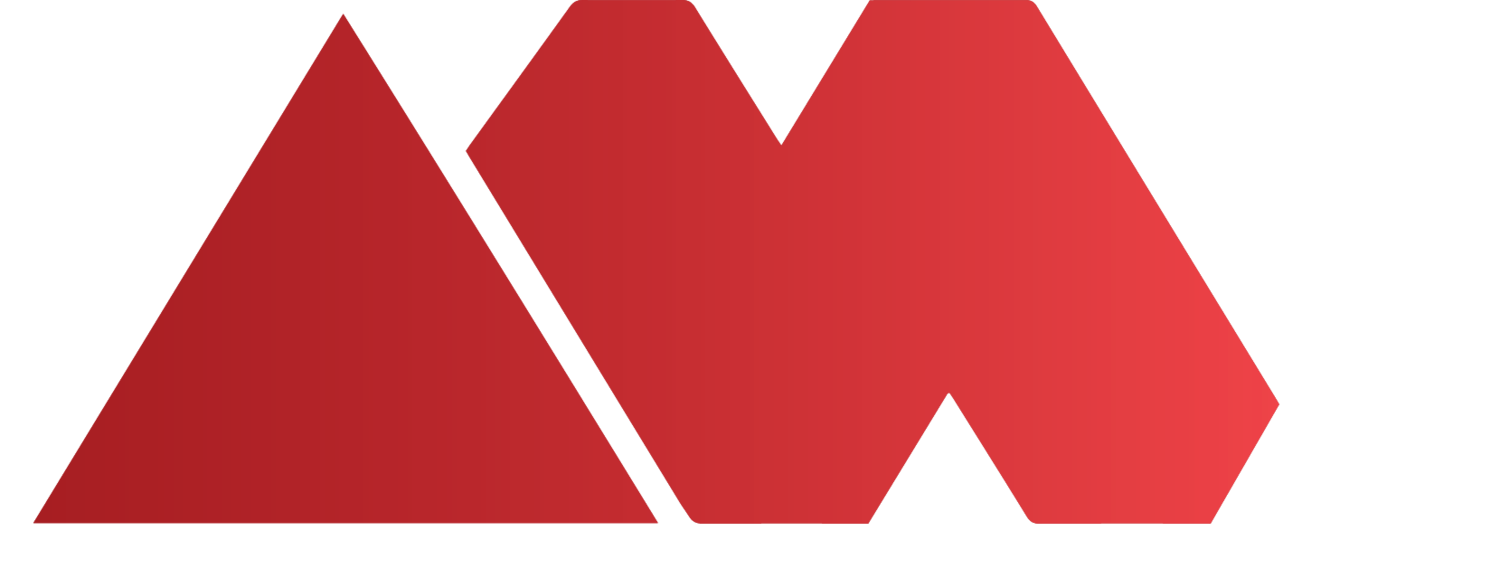The world, organizations, societies, and we as human beings are still adjusting to the new normal. The situation around is evolving at a rapid rate and is challenging all our basic and standard processes. Given where things are, survival, staying safe, and healthy is our utmost priority.
There are a lot of conversations in when would things go back to normal. However, what the new normal would be is going to be highly unpredictable. So let us paint a near promising future. The world has found a vaccine that can be administered through the air, and in two days, the world as a whole cured. The sick revive, and things start opening up slowly. So here are the key questions:
Would we go back to work in public transit services?
Would we go to large social gatherings?
Would we have an urge or need to go to restaurants?
Would we be comfortable sending our children to schools?
Would we travel more?
Would we???
The list of maybe's and would be's can be long? The answers to the above questions have multiple options. The scenarios can have various options and various outcomes, which can further have a trailing impact and paint different scenario's. The best tool available in such situations is experimentation. Experimentation plays many roles and is important in such scenarios. One of its essential characters is to test theories and to provide the basis for current and future knowledge. It can also call for a new theory, either by showing that an accepted theory is incorrect or by exhibiting a new phenomenon that needs explanation. To manage the current scenario, no one can deem themselves as experts. Hence managing the future requires an individual to master the art of experimentation.
My recommendation for organizations (large or small) is to either set up a SWAT team or individuals whose sole responsibility is to think and build scenarios and experiment with different outcomes. Experimentation is the key to learning in organizations. Only through careful experimentation can causal inferences be drawn about the success or failure of new ideas. It is almost planning and playing for a game of chess. The world or the organization is on one side of the board, and the other side is the entire socio-economic factors that would react to how the situation/the game unfolds.
I would highly recommend one of my favorite books - Experimentation Works: The Surprising Power of Business Experiments by Stefan H Thomke. You can get the Kindle version from the following links:
I hope to see all of us get in the mindset of experimentation and love to hear the experiments you undertake. Chao..









